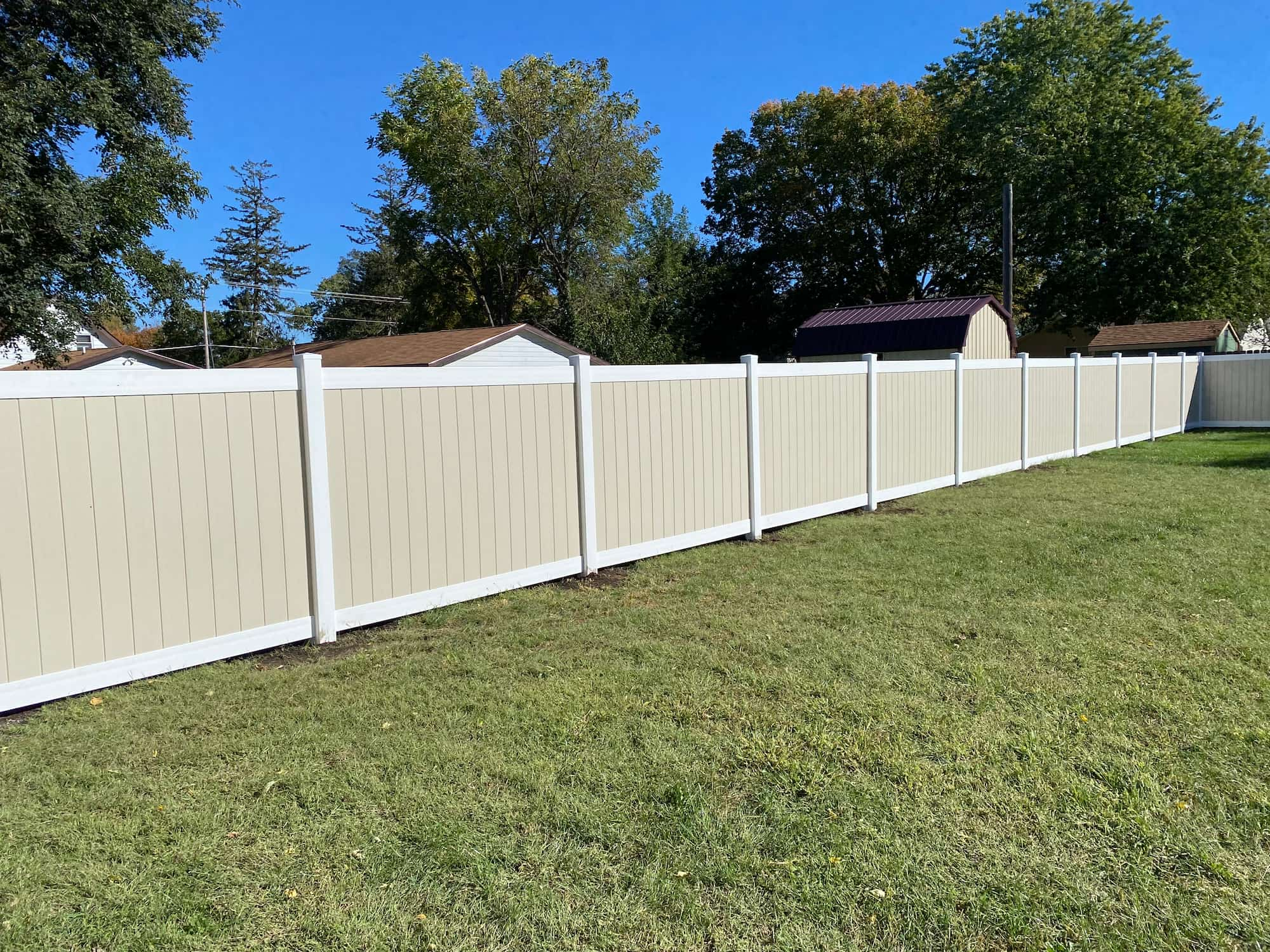How to Qualify for Binghamton Housing Repair Grants
How to Qualify for Binghamton Housing Repair Grants housing is more than just shelter—it’s where life happens. In Binghamton, New York, preserving the safety and livability of homes is a vital concern, especially for low- to moderate-income residents. Fortunately, Binghamton housing repair grants provide a valuable lifeline for homeowners in need of assistance.
These grants aren’t just about patching up a leaky roof or repairing a cracked foundation. They represent a larger vision—revitalizing neighborhoods, ensuring safe living conditions, and uplifting the overall quality of life in the community. This guide will take you on a detailed journey through eligibility, application processes, and insider tips to help you access these essential resources.

Understanding the Purpose of Housing Repair Grants
At their core, Binghamton housing repair grants are designed to support residents who need help maintaining or improving their homes but lack the financial capacity to do so. These grants come from a blend of city, state, and federal funds, often administered by local nonprofits and government agencies.
Their primary objectives include:
- Ensuring homes are safe and sanitary
- Preserving affordable housing stock
- Supporting aging-in-place for senior homeowners
- Increasing energy efficiency
- Preventing homelessness through emergency interventions
These grants aren’t loans—they typically don’t require repayment, making them a highly desirable option for eligible households.
Types of Binghamton Housing Repair Grants Available
There isn’t just one blanket grant. There are multiple programs tailored to different needs. Here are some of the main types of Binghamton housing repair grants you might be eligible for:
1. Emergency Home Repair Grants
Designed for immediate and critical needs—like a broken furnace in winter, failing electrical systems, or unsafe plumbing. Time is of the essence with these grants, so applications are often expedited.
2. Rehabilitation and Renovation Assistance
This includes comprehensive repairs such as roofing, siding, windows, and structural fixes. Homeowners may also receive help with weatherization and energy efficiency upgrades.
3. Accessibility Modification Grants
These grants help homeowners with disabilities or seniors modify their homes. Think wheelchair ramps, grab bars, walk-in tubs, and widened doorways.
4. Lead Paint and Environmental Hazard Abatement
Older homes in Binghamton often have lead paint, mold, or asbestos risks. Grant funding can address these environmental health concerns, especially when children are present in the home.
5. Community Development Block Grants (CDBG)
While not homeowner-specific, these federal funds are often used to finance local housing improvement projects. Binghamton applies CDBGs to help improve individual residences and entire neighborhoods.
Who Qualifies for Binghamton Housing Repair Grants?
Eligibility for Binghamton housing repair grants can vary based on the specific program. However, most follow a few core criteria:
1. Income Limits
Applicants typically must earn less than 80% of the Area Median Income (AMI). For a household of four in Binghamton, this could mean a maximum annual income in the $60,000 range (though this number changes annually).
2. Residency Requirements
Applicants must live within the city limits of Binghamton and use the home as their primary residence. In some cases, you must have lived in the home for at least one year prior to applying.
3. Property Ownership
You must be the legal owner of the home. In some situations, people on land contracts or heirs without clear titles may need to address ownership issues before applying.
4. Type of Property
Most grants are limited to single-family, owner-occupied homes. Mobile homes, duplexes, or investment properties may be ineligible.
5. Condition of the Home
Your home must need the type of repairs covered by the specific grant program. A formal inspection or estimate may be required.
Documents You’ll Need to Apply
Applying for Binghamton housing repair grants involves paperwork—but don’t worry, it’s manageable. Having these documents ready can help:
- Proof of income for all household members (pay stubs, tax returns)
- Proof of homeownership (deed or title)
- Identification documents (driver’s license, SSN)
- Most recent mortgage statement (if applicable)
- Utility bills or documentation of home expenses
- Photos or descriptions of the needed repairs
In some programs, a licensed inspector or contractor will also need to verify the extent of the repairs.
Where to Apply for Binghamton Housing Repair Grants
Several organizations administer housing repair grants in Binghamton. Here are some key places to contact:
1. Binghamton Department of Planning, Housing, and Community Development
This is the central hub for city-funded housing assistance. They manage the allocation of federal funds like CDBGs and Home Investment Partnerships Program (HOME) dollars.
Phone: (607) 772-7028
Website: binghamton-ny.gov
2. First Ward Action Council
A nonprofit organization focused on revitalizing neighborhoods in Binghamton, particularly the First Ward. They offer housing counseling, grant support, and rehabilitation services.
Phone: (607) 772-2850
Website: firstwardaction.org
3. Metro Interfaith Housing
They specialize in helping seniors and people with disabilities remain in their homes safely. Their services include accessibility modifications and critical repairs.
Phone: (607) 772-6768
Website: metrointerfaith.org
4. Broome County Planning Department
Although Binghamton is a city within Broome County, certain rural housing repair programs may still be accessible through the county government, especially for areas just outside city lines.
Insider Tips for a Successful Application
If you’re serious about securing one of the Binghamton housing repair grants, these strategies will boost your chances:
Act Early
Many programs operate on a first-come, first-served basis or have limited application windows. Keep an eye on city websites and social media announcements.
Stay Organized
Missing documents can delay your application. Keep everything in a dedicated folder—physical or digital—and label it clearly.
Follow Up Politely
Don’t be afraid to call and check on the status of your application. A courteous follow-up shows initiative and keeps your name top of mind.
Get Professional Help if Needed
If paperwork or red tape feels overwhelming, consider speaking to a housing counselor. Many nonprofits offer free assistance and will walk you through the process.
Real Stories: How These Grants Changed Lives
Let’s bring the power of these grants to life with a few real examples.
Meet the Millers on Murray Street
The Millers are a retired couple living in a 100-year-old home in Binghamton’s West Side. Their roof began leaking during the winter, and ice formed in the attic. They applied for an emergency housing repair grant through the city and received a full roof replacement within two months—free of charge.
Tanya’s Transformation
Tanya, a single mom of two, was struggling to keep her home safe after the furnace died in February. Through Metro Interfaith, she secured funding for a new heating system, along with basement insulation to improve efficiency. Her energy bills dropped by 30%, and her kids are now warm every winter.
These stories are not isolated—they reflect the community-driven purpose behind Binghamton housing repair grants.
What If You’re Not Eligible?
Not everyone meets the criteria for grant programs. But there’s still hope.
1. Deferred Payment Loans
Some programs offer 0% interest loans that don’t need to be repaid until the home is sold.
2. Weatherization Assistance Program (WAP)
This state-funded program helps with energy-efficient upgrades, including insulation, caulking, and HVAC improvements—even if you don’t qualify for a full grant.
3. Local Churches and Charities
Binghamton’s faith-based organizations often host annual fix-up days, where volunteers repair homes at no cost to the owner. It’s a community effort worth exploring.
Keeping Your Home Grant-Ready
Even after receiving funding, future grant opportunities may arise. To keep your property eligible for future programs, consider these best practices:
- Stay up to date on taxes and insurance
- Maintain basic cleanliness and upkeep
- Keep receipts and before/after photos of any repairs
- Notify your local housing office of address or income changes
By maintaining your property responsibly, you become a trusted candidate for future funding.
The Ripple Effect of Housing Repair Grants
When one home is improved, the entire neighborhood benefits. Blighted properties can drag down entire blocks—but restored homes contribute to community pride, lower crime, and attract new investments.
Binghamton housing repair grants are more than financial support. They’re part of a larger social framework designed to stabilize families, boost health outcomes, and make Binghamton a better place to live for all.
Navigating the world of housing grants doesn’t have to be overwhelming. With a proactive mindset and the right resources, you can unlock the benefits of Binghamton housing repair grants and secure the safe, healthy, and beautiful home you deserve.
Whether your need is urgent or part of a long-term improvement plan, there’s likely a program waiting to help. Take the first step today, and invest in your home’s future with confidence.
Let your home reflect your strength, your story, and your stability—one grant at a time.








